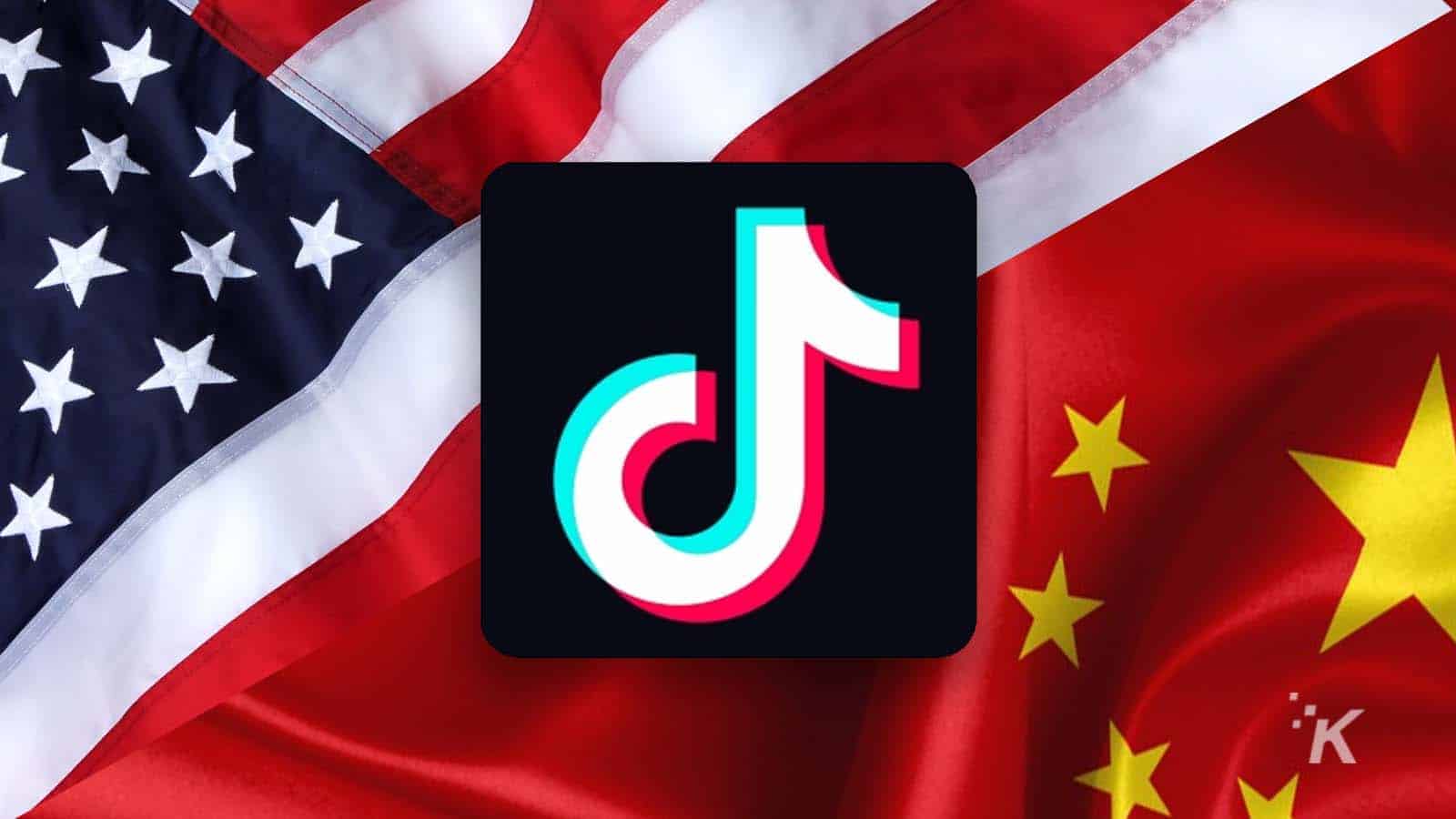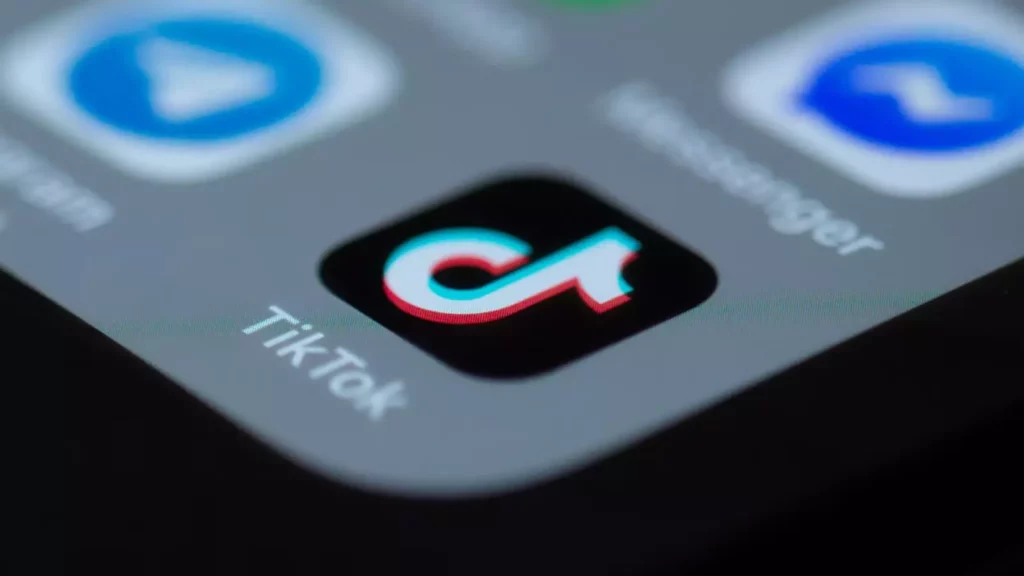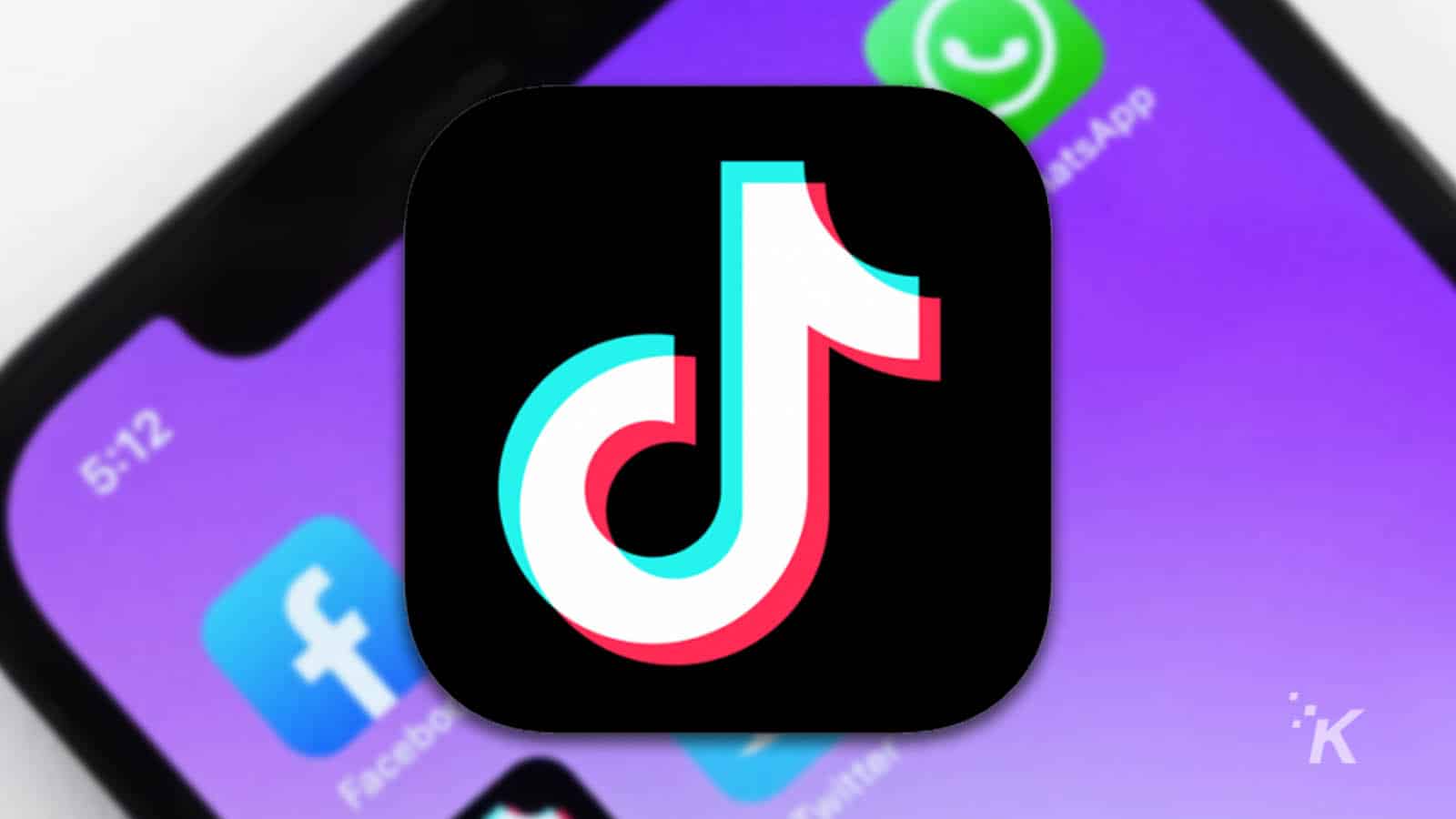News
Montana outright banned TikTok for everyone — is that legal?
The case could take months, if not years, to actually settle.

Just a heads up, if you buy something through our links, we may get a small share of the sale. It’s one of the ways we keep the lights on here. Click here for more.
For several years, officials at the highest level of government in the United States have threatened to ban the Chinese-owned social media app
On Wednesday, Montana Governor Greg Gianforte signed Senate Bill 419 into law, which prohibits the use of
In a statement, Gianforte justified the law by saying it protects citizens and businesses in Montana from purported data collection efforts by TikTok and its parent company, ByteDance, at the request of the Chinese government.
Today, Montana takes the most decisive action of any state to protect Montanans’ private data and sensitive personal information from being harvested by the Chinese Communist Party, Gianfonte said.
However, he didn’t provide direct evidence to support the notion that
But that line of thinking has been used by federal officials and some lawmakers in other states, who have called for TikTok to be banned if ByteDance doesn’t divest the service to a party outside the control of the Chinese government.
ByteDance officials have long said the company doesn’t pass information about its users to the Chinese government. However, some ByteDance employees have been caught spying on American journalists through
What does Montana’s TikTok ban law do?

Montana’s TikTok ban prohibits anyone living or working in the state from downloading or using an app on any device, even one they own.
It is significantly more aggressive than prohibits enacted at agencies in other states and within the federal government, which only prohibits the app from being installed or used on government-owned devices.
The proposed bill, now signed into law, justifies the ban by saying
It also says content on
“cooking chicken in NyQuil, pouring hot wax on a user’s face, attempting to break an unsuspecting passerby’s skull by tripping him or her into landing face-first into a hard surface, placing metal objects in electrical outlets” and “swerving cars at high rates of speed,” among other unusual activities.
The law prohibits app stores from allowing Montana residents to download or install
Tech companies that defy this rule could face fines of $10,000 each day they know a Montana resident has downloaded or used the app within the state.
While the law bans people inside Montana from using
It doesn’t require tech companies to remove a previously-installed version of
The ban is scheduled to take effect on January 1, 2024.
Is Montana’s TikTok ban legal?

ByteDance and free speech advocates aren’t convinced that Montana’s ban on TikTok is entirely legal and say a court could wind up settling the matter in favor of the app on First Amendment grounds.
To overcome that, government officials in Montana would almost certainly claim that allowing residents to use
But they would have to prove those claims with some substance in court, and, to date, no government agency has provided definitive evidence that
On Twitter, a
The future of TikTok in Montana: legal challenges ahead
In April,
Keegan Medrano, a policy director for the Montana chapter of the ACLU, said Montana’s attempt to ban
A legal challenge would likely come with an emergency request to a judge to issue an injunction blocking the law from taking effect until a court has a chance to decide whether the ban is constitutional.
The case could take months, if not years, to actually settle.
In the meantime, other states who were considering similar or less-stringent bans on
Have any thoughts on this? Drop us a line below in the comments, or carry the discussion over to our Twitter or Facebook.
Editors’ Recommendations:
- TikTok announces FYP to feature more STEM content
- TikTok adds automatic screentime limits for users under 18
- TikTok could soon let creators charge $1 or more for video access
- TikTok CEO to testify in Congress over app privacy and security
































